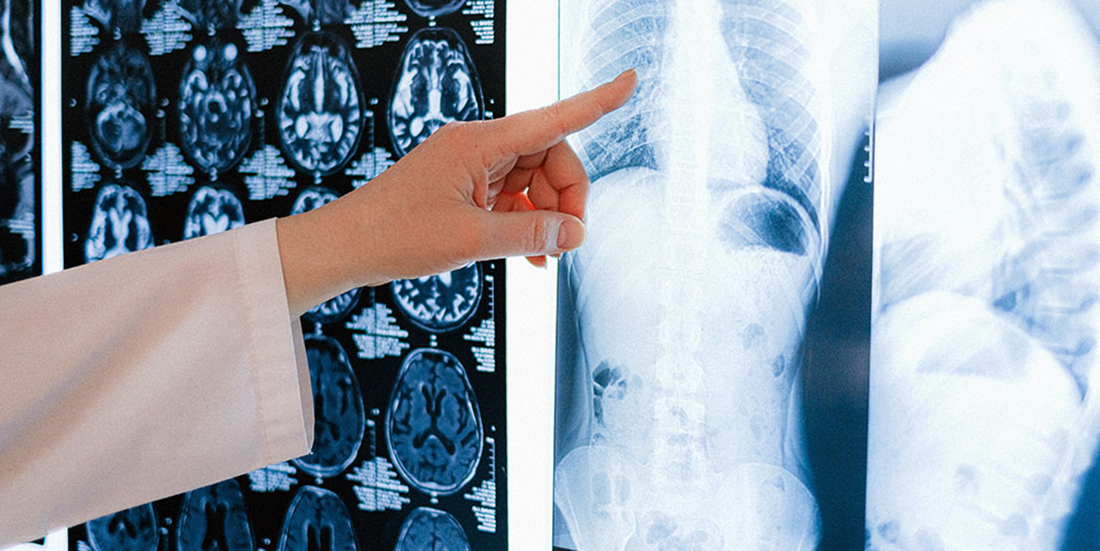
18 Sep Team led by UW-Madison’s Institute for Clinical and Translational Research receives NIH grant to help battle COVID-19
UW-Madison Institute for Clinical and Translational Research
With a new award from NIH, an interdisciplinary group led by Drs. Elizabeth Burnside and Jomol Mathew will develop a proof of concept data intake and management infrastructure, Real-time Access to Patient’s Integrated Data for COVID-19 (RAPID-COVID19). Under the auspices of the Clinical and Health Informatics Institute (CHI2) housed in ICTR, , this project will provide the first opportunity at UW to leverage real time clinical data for research and contribute to the new National COVID Cohort Collaborative (N3C) data repository.
RAPID-COVID19 is an innovative collaborative partnership between ICTR, as the representative Clinical and Translational Science Award (CTSA) site, the American College of Radiology (ACR) and the Marshfield Clinic. RAPID-COVID19 will enable integration and submission of near real time clinical and imaging data to N3C to discover early disease predictors, rapidly evaluate diagnostic and therapeutic strategies, and efficiently enroll individuals infected with COVID-19 into rapidly emerging clinical trials. Burnside, Deputy Executive Director of ICTR and a Professor of Radiology, comments,
Typically, research data warehouses are infrequently updated. They are refreshed on a weekly or even a monthly basis, a timeframe clearly inadequate to meeting the fast-moving needs of COVID-19 research.
In addition, these data warehouses often do not contain imaging data, which has the potential to powerfully predict disease progression and outcomes, because imaging data files are large and can be difficult to de-identify. This award will support development of informatics solutions that will enable real-time, secure data submission, including imaging, to N3C.
A second challenge addressed by this award is that N3C only integrates data from CTSA hubs, an important source of clinical data nationwide, but by no means the only treatment sites for COVID-19 patients. The second aim of this application is to create new data pipelines for health systems and hospitals from diverse healthcare settings. Mathew, Chief of Biomedical Informatics for SMPH and Director of CHI2, adds,
Marshfield Clinic Health System has agreed to serve as the participating healthcare system on this pilot project. As an integrated rural healthcare system within Wisconsin, with foundational expertise in health informatics and health information technology, they are uniquely positioned to help us design and establish the required infrastructure.
In addition, Marshfield Clinic is a leader in rural health research. Inclusion of their patient populations will enhance our N3C data repository with greater geographic and socio-economic diversity. Such diversity is essential to discovering early disease predictors, and rapidly evaluating the generalizability of potential diagnostic and therapeutic strategies.
UW investigators interested in accessing the N3C Data Enclave for research purposes, should fill out a CHI2 consult form.
– Reposted from the UW Institute of Clinical and Translational Research



